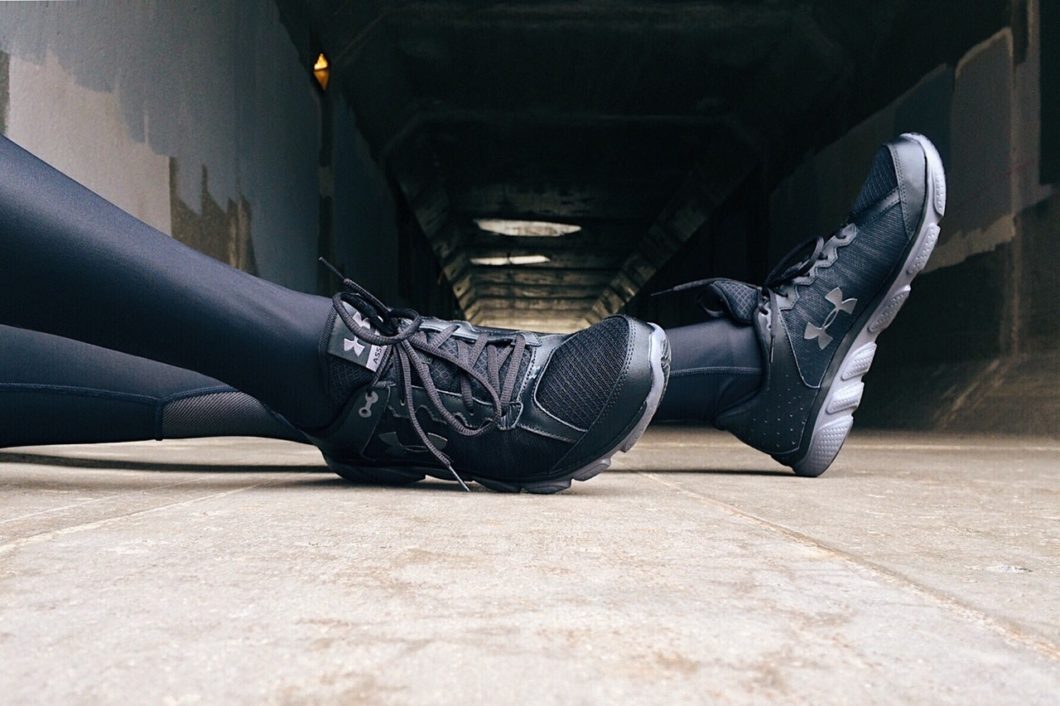Injuries aren’t just a part of sports; they are a part of life. For athletes, however, your sport and your body encompass a huge chunk of your identity. So, when an injury occurs, the pain may be more than just physical.
Aside from the physical pain, the emotional and mental distress can be just as excruciating. The individual can fall into sadness or anger because the injury is not just a hurdle, but a threat to their ability to perform, and therefore a block in their ability to be who they are. An athlete might ask themselves questions like:
- Why me?
- Why am I in so much pain? I should be stronger than this.
- Why did my body fail me?
- What if I’m never the same player?
- Why am I not healing quicker?
- What if I can never play again?
- Who am I if I can’t play?
When an injury happens, it’s common to ask all kinds of questions, especially when it takes you out of the routine of your daily life. That’s even harder when your “work” depends on your body’s health and when your identity is tied to your sport and therefore your health.
I was in a Clubhouse room recently with athletes who were sharing stories about their struggles with their identities when a woman told a story about a major injury that derailed her sports career. What she learned was this:
You are not your injury.
Immediately, I smiled and jotted down those words. Five simple words, yet a powerful perspective shift that could have a major impact.
After an injury occurs, it’s normal to focus on it. For one, it’s abnormal and it’s painful so by nature, it grabs your attention. Furthermore, it’s a significant component in your identity (e.g., I’m a basketball player), and since you can no longer act on that identity, it’s hard not to focus on it. What can easily happen, however, is that you now identify yourself as an injured athlete, which probably doesn’t feel great so now you’re in a funk.
So, there you are focusing almost exclusively on this injury, the pain that it’s causing, the reality that healing is a process, the looming questions of the unknown, and the fact that you no longer feel like yourself. Well, I can tell you that fighting yourself on things that are inescapable is both exhausting and unproductive, neither of which is conducive to recovery.
Instead, try approaching the injury from a growth mindset.
Control the controllables.
You’ve likely heard this phrase in the sports world a time or two.
When you’re injured, you can’t go back and change what happened nor can you control your process for healing. But, one thing you do have power over is your perspective. Shift your focus to thoughts like, “I am healing,” “I am not my injury,” and “Somehow this setback is leading me somewhere I’m supposed to go.”
To Develop Athlete Identity After An Injury, Ask Yourself Questions Like:
- How can I use this as motivation?
- Where do I need to put my focus in order to help my body heal?
- Where do I envision my life when I heal from this injury?
- What were some previous obstacles that I overcame in my life? What did I do then?
- What would my favorite athlete tell me about this?
- What would a loved one tell me about this?
- What talents do I have that don’t require me to play my sport?
- How can I tap into those talents now?
- Can I use this time to develop interests outside of sports? Is there a book I’ve been wanting to read, a class I’ve been wanting to take, something I’ve wanted to learn more about? (Every athlete’s career has an expiration date. Even if yours isn’t right now, it’s smart to develop yourself as a holistic individual, not just an athlete.)
Keys to the game:
- If everything happens for a reason, and you’re right where you’re supposed to be, try to change your perspective from one of loss to one of growth.
- Patience and self-compassion are way more beneficial to healing than anger and self-loathing.
- There’s a purpose behind the pain. Your job is not to dwell on it (or even in it), but to grow through it from it one step at a time.
Need someone to help you through mental wellness issues after an injury, setback, or just life in general? Join a one-on-one VIP coaching program with me.

